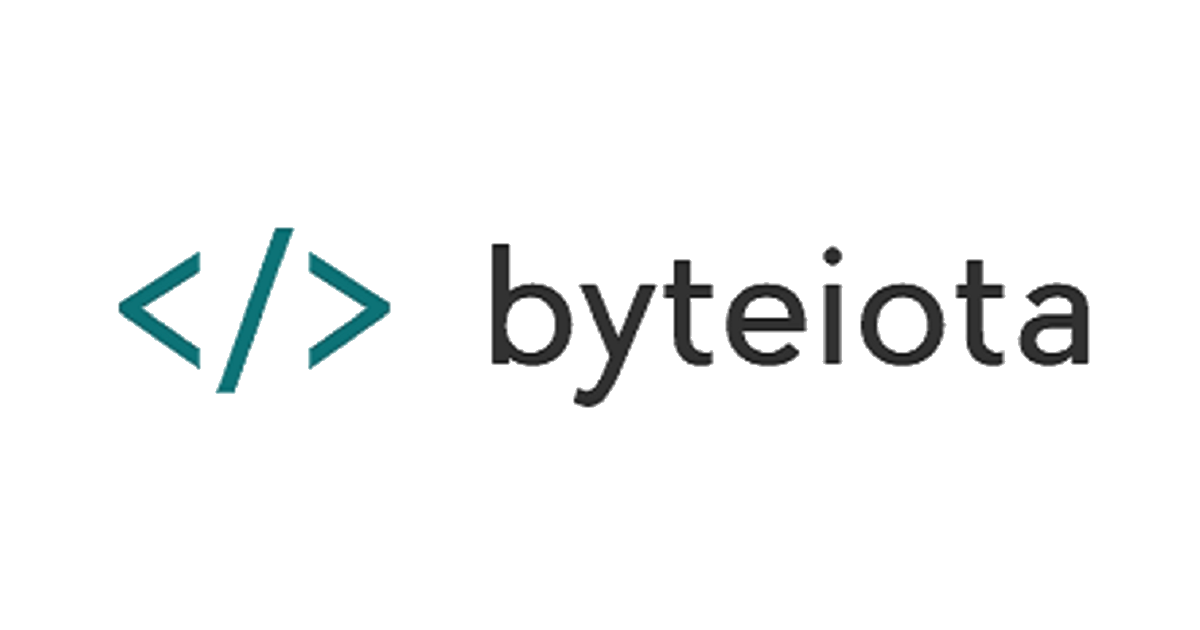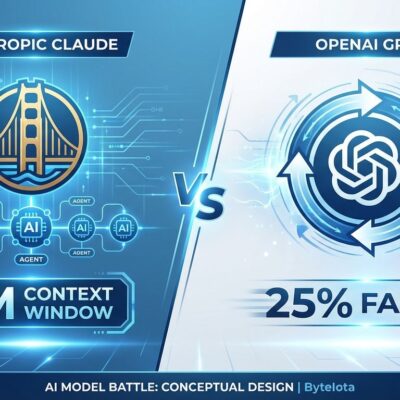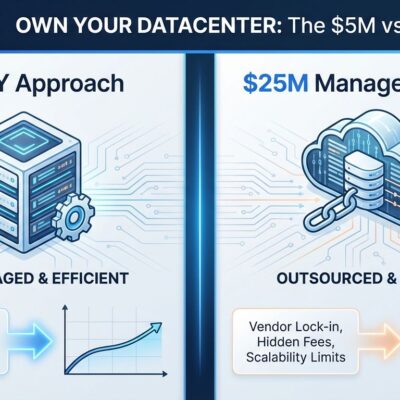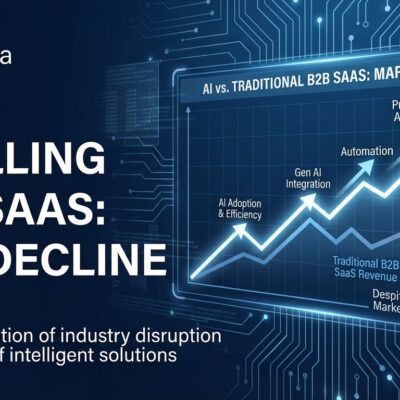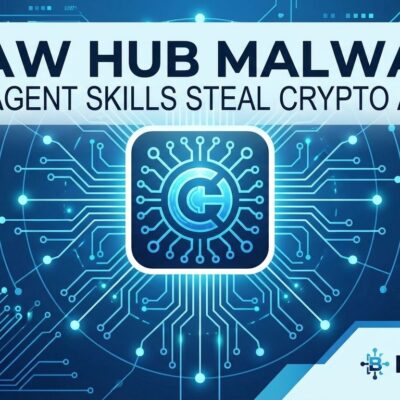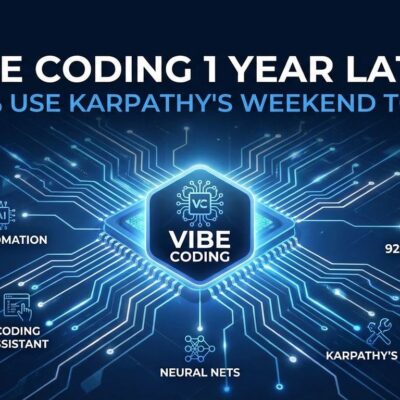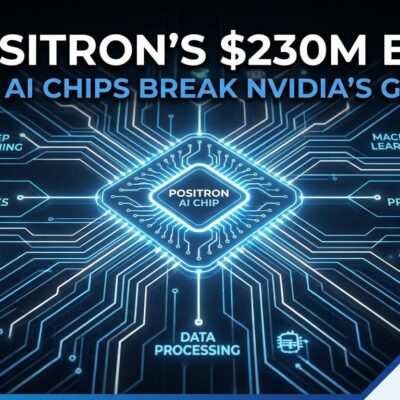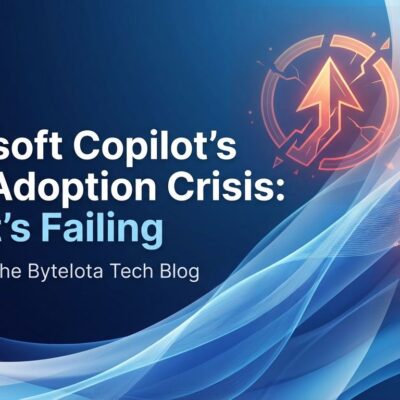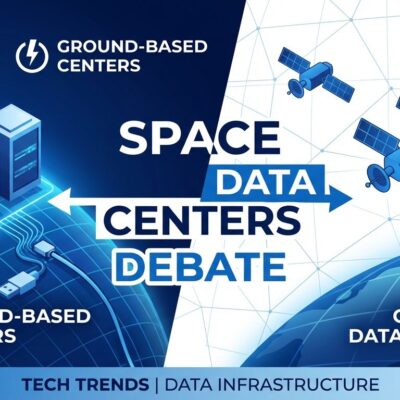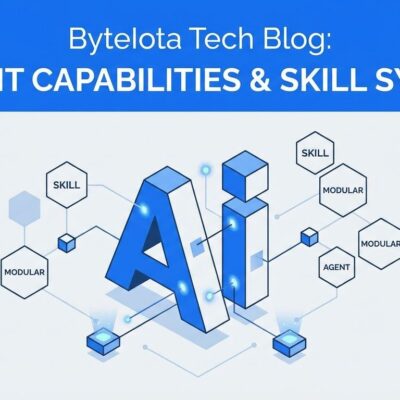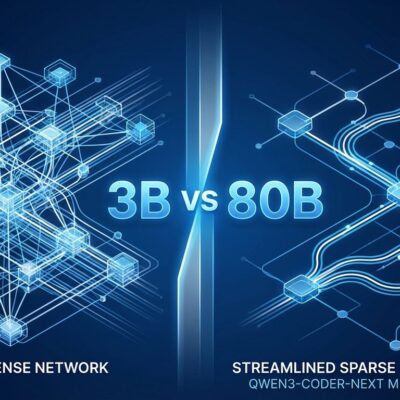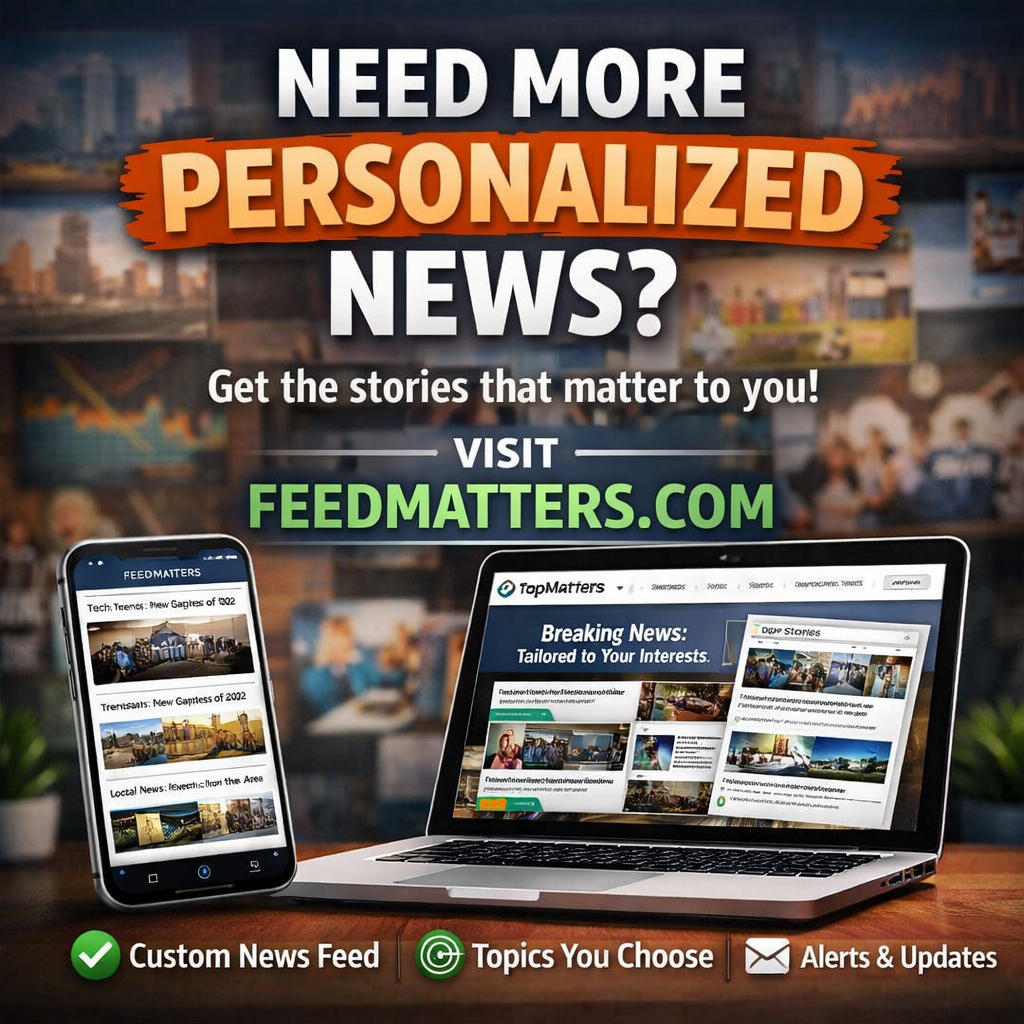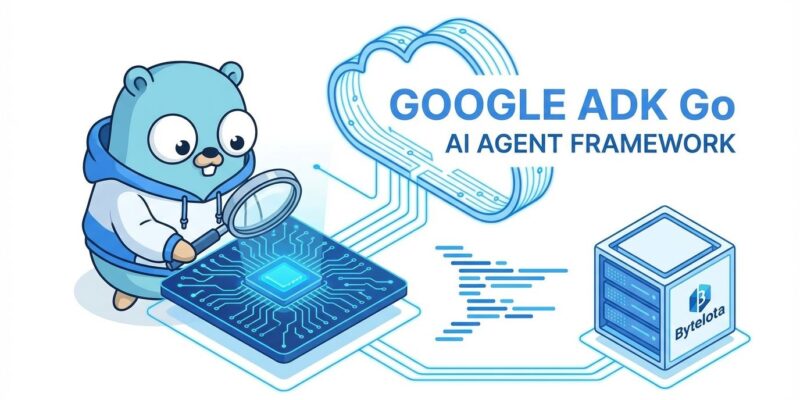
Google released the Agent Development Kit (ADK) for Go on November 7, 2025, bringing production-ready AI agent development to Go developers for the first time. With 4,422 GitHub stars in just 15 days and currently trending, ADK Go eliminates the need for Python-first frameworks like LangChain, offering native Go support with code-first development, Agent2Agent (A2A) protocol for multi-agent systems, and built-in integration with 30+ databases.
For Go backend teams, this is a big deal. No more fighting Python dependencies or rewriting services just to add AI capabilities. ADK Go leverages Go’s concurrency model and strong typing for cloud-native agent applications, with seamless deployment to Cloud Run and Vertex AI Agent Engine.
What Is Google ADK Go?
The Agent Development Kit (ADK) for Go is an open-source, code-first toolkit for building, evaluating, and deploying sophisticated AI agents. Unlike LangChain (Python-first with experimental Go bindings) or Microsoft’s AutoGen (Python/.NET only), ADK Go is purpose-built for Go idioms—goroutines, channels, strong typing, and cloud-native patterns.
ADK is model-agnostic (optimized for Gemini but supports alternatives) and deployment-agnostic (Cloud Run, Vertex AI, GKE, or self-hosted). Installation is simple:
go get google.golang.org/adkThe framework follows a modular architecture: define agent logic in idiomatic Go, configure tools (MCP integrations, custom functions), test locally with the built-in development UI, and deploy to production with a single command. This isn’t a Python wrapper—it’s native Go designed to leverage Go’s strengths.
Agent2Agent Protocol: Multi-Agent Orchestration
One of ADK Go’s standout features is native support for the Agent2Agent (A2A) protocol (v0.3). A2A is an open standard built on HTTP, JSON-RPC, and Server-Sent Events that enables agents to communicate across frameworks—ADK, LangChain, CrewAI, or custom implementations.
This matters because multi-agent systems are the future of complex workflows. Instead of building a single monolithic agent, you orchestrate specialized agents: a SQL query agent accessing databases via MCP, an analysis agent processing data, and a report generation agent formatting output. These agents communicate via A2A protocol, delegating tasks securely without sharing memory or tools.
A2A uses “agent cards” (digital business cards advertising capabilities and connection info) and supports enterprise-grade authentication with parity to OpenAPI schemes. The protocol prevents vendor lock-in—build specialized agents in different languages or frameworks and orchestrate them seamlessly. If you need to call a LangChain Python agent from your ADK Go orchestrator, A2A makes it trivial.
MCP Database Integration: 30+ Databases Out of the Box
ADK Go ships with MCP (Model Context Protocol) Toolbox for Databases, providing secure, production-ready access to 30+ databases including PostgreSQL, MySQL, MongoDB, BigQuery, and Firestore. MCP acts as a universal abstraction layer, eliminating custom database integration code.
For database-intensive AI applications—analytics agents, SQL query agents, data extraction workflows—this is huge. Instead of writing custom connectors for PostgreSQL, MongoDB, and BigQuery, you configure MCP once and access all three with the same interface. MCP handles secure credential management (Google Cloud IAM), query optimization, and connection pooling.
Production Deployment: Cloud Run and Vertex AI
ADK Go supports deployment-agnostic containerized deployment with two primary targets: Cloud Run (auto-scaling pay-per-request) and Vertex AI Agent Engine (fully managed runtime).
Deploy with a single command:
adk deploy cloud_runThis automates container build, Artifact Registry push, and Cloud Run deployment. Cloud Run auto-scales from zero to thousands of instances based on load, with pay-per-request pricing (idle instances cost nothing). For enterprise use cases requiring global scale, enterprise security, and built-in monitoring, Vertex AI Agent Engine provides a fully managed runtime.
Alternatively, deploy to GKE, self-hosted Docker, or local machines. ADK includes a built-in development UI for local testing, giving real-time visibility into agent reasoning and tool usage before production deployment.
How It Compares to Alternatives
The agent framework space is crowded—LangChain, AutoGen, CrewAI, LangGraph, PydanticAI—so when should you choose ADK Go?
According to framework comparison experts, “The Google ADK’s session, memory abstractions, event hooks, and deployment capabilities are all exceptionally well designed. Despite being a later entrant to the market, Google seems to have carefully studied earlier frameworks and incorporated their lessons learned.”
Choose LangChain if: You’re a Python shop with existing LangChain expertise and need the largest integration ecosystem (vector DBs, CRMs, Kafka, etc.).
Choose AutoGen if: You’re in the Azure ecosystem, prefer conversational multi-agent patterns (agents that “talk it out”), or need .NET integration.
Choose ADK Go if: You’re a Go backend team, on Google Cloud, need native Go concurrency and performance, or want A2A protocol for cross-framework agent orchestration.
The decision matrix is simple: Go shop → ADK Go. Python shop → LangChain or ADK Python. Azure → AutoGen. Need fixed workflow graphs → LangGraph.
Getting Started
Prerequisites: Go 1.24.4+ and a Google Cloud account (optional for Vertex AI integration).
Create a basic agent:
import (
"google.golang.org/adk/agent/llmagent"
"google.golang.org/adk/model/gemini"
"google.golang.org/adk/tools"
)
// Create agent with Gemini model and Google Search tool
agent := llmagent.New(
gemini.NewModel(),
tools.GoogleSearch(),
)Project structure:
agent.go(main agent code).env(API keys, project IDs)Dockerfile(for containerized deployment)
Official resources:
Why This Matters
Go developers have been stuck with Python-first agent frameworks for too long. LangChain’s Go bindings are experimental. AutoGen is Python/.NET only. CrewAI doesn’t support Go.
ADK Go changes that. It’s purpose-built for Go idioms, Google Cloud production deployment, and cross-framework agent orchestration via A2A protocol. With 4,422 stars in 15 days and active development (21 contributors, 234 commits), ADK Go is more than an experiment—it’s a production-ready framework backed by Google.
For backend teams already on Go and Google Cloud, ADK Go eliminates language switching and infrastructure complexity. Build AI agents in the same stack as your services, deploy to Cloud Run with auto-scaling, and orchestrate multi-agent systems via A2A protocol.
The agent framework space is crowded, but ADK Go fills a critical gap: native Go support for a community that’s been underserved. If you’re building AI-powered backend services in Go, this is your framework.
